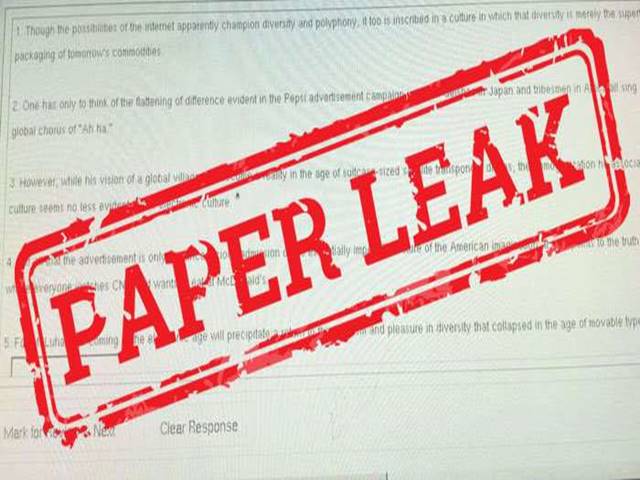New Delhi: In a significant move to address the rising challenges of exam malpractices and leaks, the Centre introduced “The Public Examinations (Prevention of Unfair Means) Bill, 2024” in the Lok Sabha. Aimed at curbing unfair means in recruitment examinations such as UPSC, SSC, and entrance tests like NEET, JEE, and CUET, the bill proposes stringent measures to deter organized malpractices.
Union Minister of State (Independent Charge) Science & Technology, Dr Jitendra Singh, presented the bill in the Lok Sabha. Titled “Prevention of Unfair Means Bill, 2024,” it extends its scope to cover entrance examinations conducted by various government bodies, including the Union Public Service Commission, Staff Selection Commission, Railways, banking recruitment examinations, and all computer-based exams by the National Testing Agency.
The bill suggests severe penalties for those involved in cheating. Offenders could face a minimum of three to five years of imprisonment, while those engaged in organized crimes of cheating may face five to 10 years of imprisonment and a minimum fine of Rs 1 crore.
Dr Jitendra Singh emphasized the need for such legislation, citing instances of question paper leaks and organized cheating that have adversely affected lakhs of students. The bill specifically targets organized groups and institutions involved in unfair means for monetary gains while safeguarding genuine candidates from its provisions.
Currently, there is no specific national-level law to address unfair means in public examinations conducted by the Central Government and its agencies. Dr Jitendra Singh highlighted the importance of a comprehensive central legislation to effectively deal with such malpractices and criminal elements impacting the examination systems.
The bill aims to bring greater transparency, fairness, and credibility to public examination systems, reassuring candidates that genuine efforts will be rewarded and their futures protected. Dr Jitendra Singh clarified that candidates appearing for examinations will be protected from punitive provisions, governed by the existing unfair means policy of the examination conducting authority.
Given the increasing role of technology in examinations, a High-level National Technical Committee on Public Examinations will be established. This committee will focus on developing protocols for securing digital platforms, ensuring IT security, electronic surveillance of examination centers, and formulating national standards for both IT and physical infrastructure used in the conduct of examinations. The comprehensive approach of the bill and the establishment of the committee aim to create a robust and foolproof examination system in the digital age.





